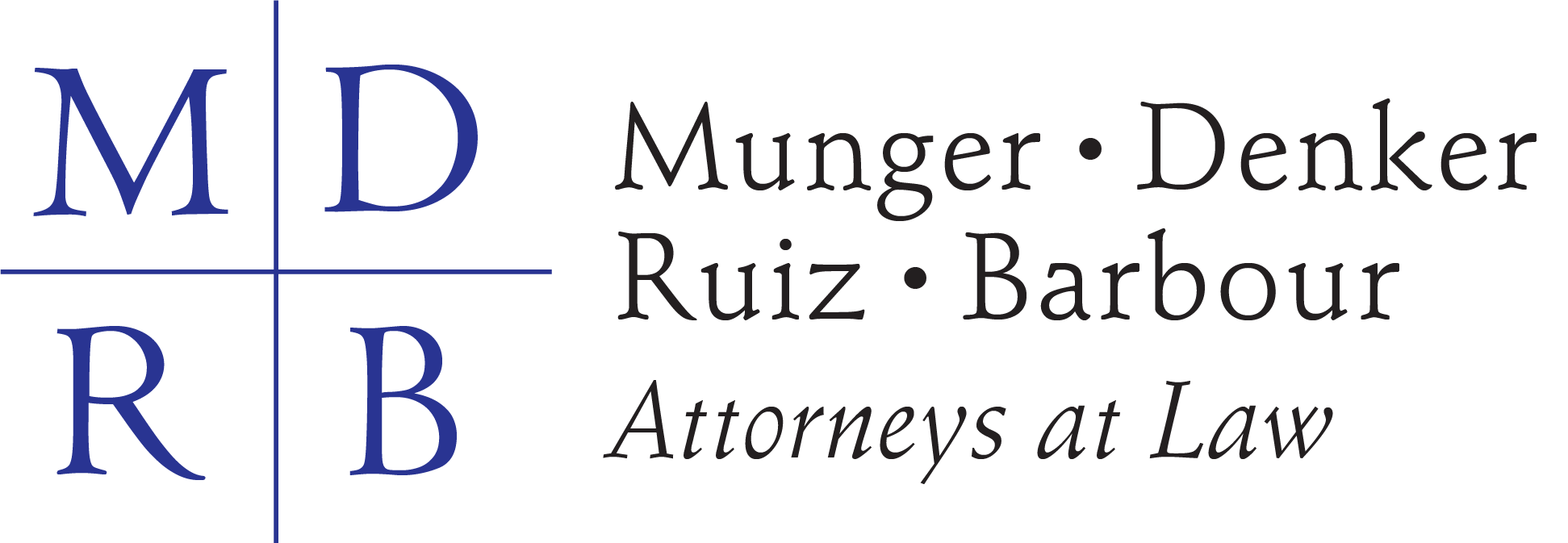
Challenging Unfair Finance Leases
Finance leasing has become a common part of doing business. From small shops to large corporations, this arrangement permits a business to lease the copiers, credit-card machines, and other equipment critical to its day-to-day operations, without having to purchase those items outright. Despite the popularity of this arrangement, many business owners are unaware of its drawbacks.
Under the typical finance lease, the supplier of a product will sell equipment to a business, generally making claims and representations as to how the product will perform. When it comes time to sign the actual finance-lease contract, however, it usually turns out that the contract is really with a third-party finance company and not with the supplier that sold the product. In this arrangement, the third-party finance company takes no responsibility for the quality, operation, or maintenance of the product, and assumes no responsibility for any promises made by the original salesperson working for the manufacturer/supplier. Thus, even if the equipment is defective or otherwise fails to perform as promised by the supplier and its original salesperson, the business owner often will remain “on the hook,” responsible for paying all sums owed under the finance-lease contract.
The attorneys at Munger, Chadwick & Denker attorneys are highly experienced in defending businesses against such schemes. Recently, a large local business financed the lease of an office-equipment system that completely failed to operate after it was installed. When the business tried to stop payment on the system, the business was sued in federal court by the large multinational financing company, which denied any responsibility for the fact that the business had been sold several hundred thousand dollars’ worth of useless equipment. Munger, Chadwick & Denker not only defended the suit vigorously, but brought counterclaims against the finance company and the supplier of the equipment, forcing them into a settlement highly favorable for the client.
Latest Posts
Quiet Title
Normally, it is simple to determine who is the lawful owner of real property: Whoever is listed on the last deed recorded with the county recorder’s...
Quiet Title
Safeguarding Your Interests in Arizona Probate Court
What Is Probate Court? A probate court is one that has authority or jurisdiction over all cases involving wills, trusts, estates, and...



